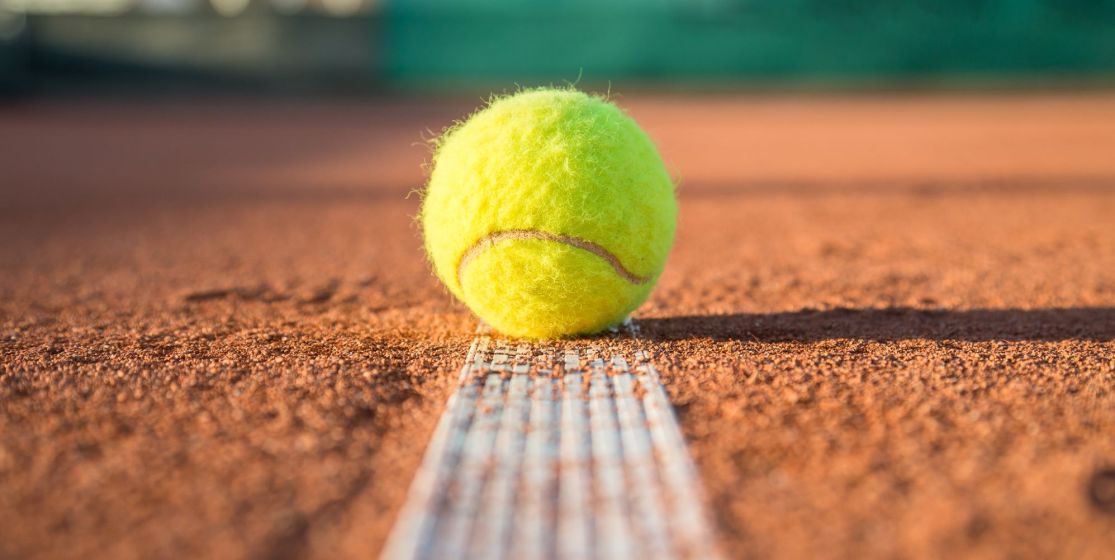Limited player but legendary coach, Brad Gilbert became famous with the release of his book "Winning Ugly", a explosive Version of "The Art of War", but the tennis way.
Before becoming...
Limited player but legendary coach, Brad Gilbert became famous with the release of his book "Winning Ugly", a explosive Version of "The Art of War", but the tennis way.
Before becoming a renowned coach (Agassi, Roddick, Murray, Nishikori ...), Brad Gilbert was a contemporary of McEnroe, Becker, Edberg, Wilander... A player who managed to make the most out of his meager resources. Three titles, an eighteenth place in the ATP rankings at his best and two Grand Slam quarter-final (Wimbledon and Flushing 90 87) as a personal Himalaya. After graduating from Pepperdine University in California, Gilbert turned pro in late 1982, at 22 years old. Because he didn’t have any specific talent, he became a wise strategist, an adept of "the extra shot" to make his opponent run. Brad looks like all these Italian football teams, very aware of their limits, and playing according to them.A scent of Jealousy
Despite his shortcomings, the Californian managed to land a bronze medal at the Seoul Olympics in 1988 and reached about twenty finals on the ATP tour. Alas, his weaknesses always caught him up. Over time, his strategy improved: vicious slice, change of pace, cottony balls, analysis of the opponent's weaknesses, destabilizing the latter with all sorts of more or less legitimate resources... The boy spent his career thinking about how to annoy his opponents. With age, he also became increasingly unbearable when he grumbled and vituperated on the court. Or worse... "At the Grand Slam Cup in 1990 in Munich, I remember the semi-final against David Wheaton where the two men could have ended up in a fight if not for the intervention of the referee. Wheaton complained that Gilbert was invading his space. Everyone knew that Gilbert would do anything to piss off his opponent" said Georges Deniau, the French coach.He gave weapons they didn’t have to Agassi and Roddick.Even with his unorthodox methods, Brad Gilbert had pretty good results in his face-to-face with most of the top players (except for McEnroe, Lendl and Edberg). "With his rogue methods and the release of his book 'Winning Ugly', we lost sight of all the extraordinary intelligence of the player and especially of the coach”, recalls Emilio Sanchez, the Spanish tennisman. He gave weapons they didn’t have to Agassi and Roddick. He taught them how to win games even on a bad day, when their tremendous talent was running on empty. He provided to Agassi’s genius the little thing that he was missing, not to mention the mental. "Winning Ugly? At the end of his life, it’s likely that when one will write his obituary, his book and his coaching will be the key elements of his biography, way above his playing career”.






